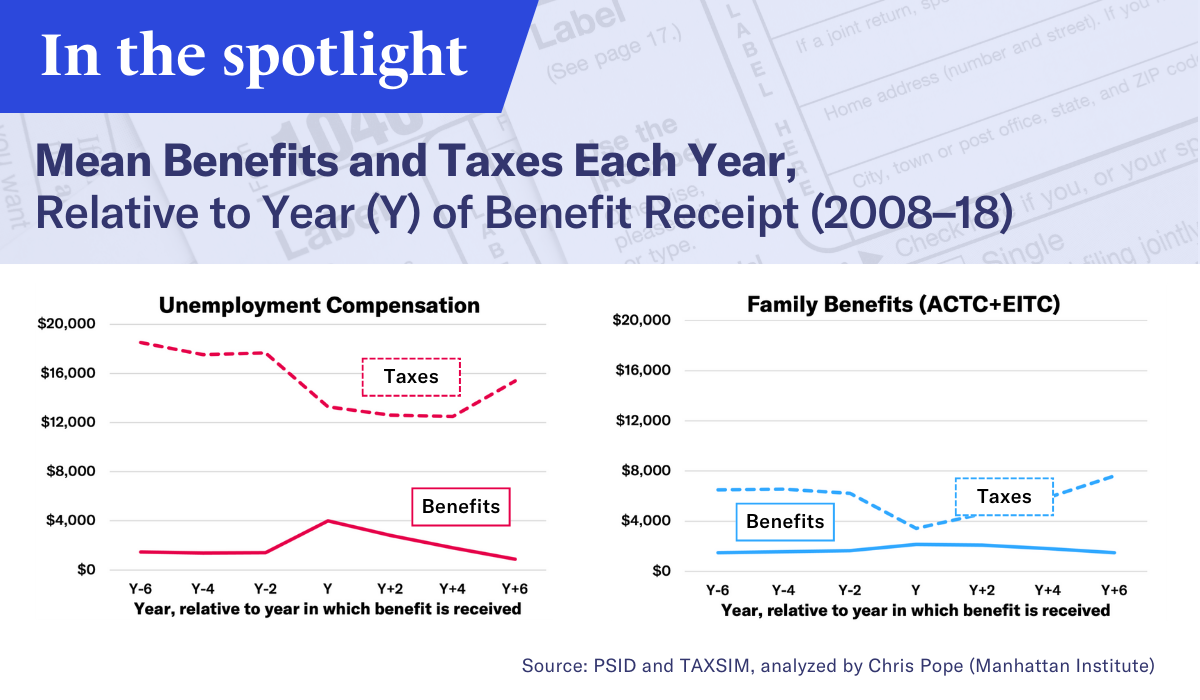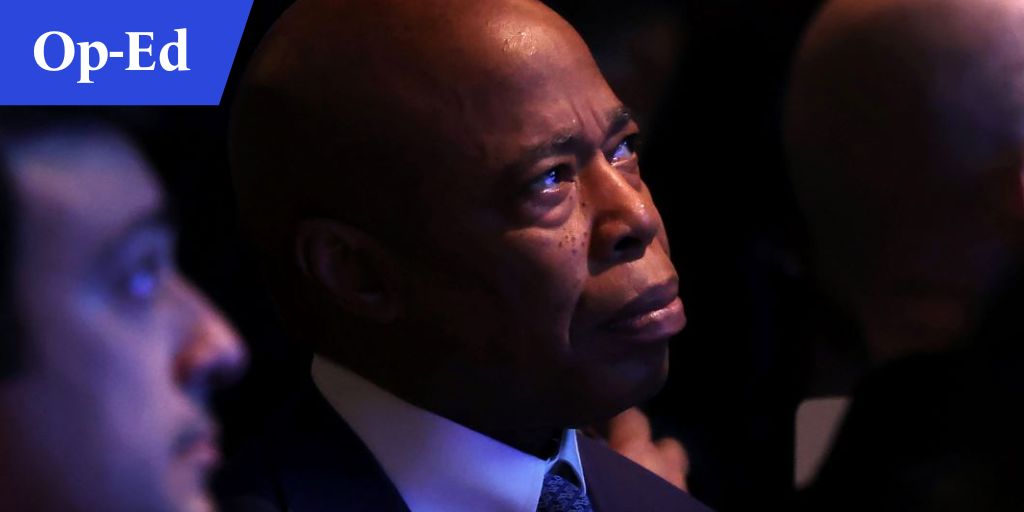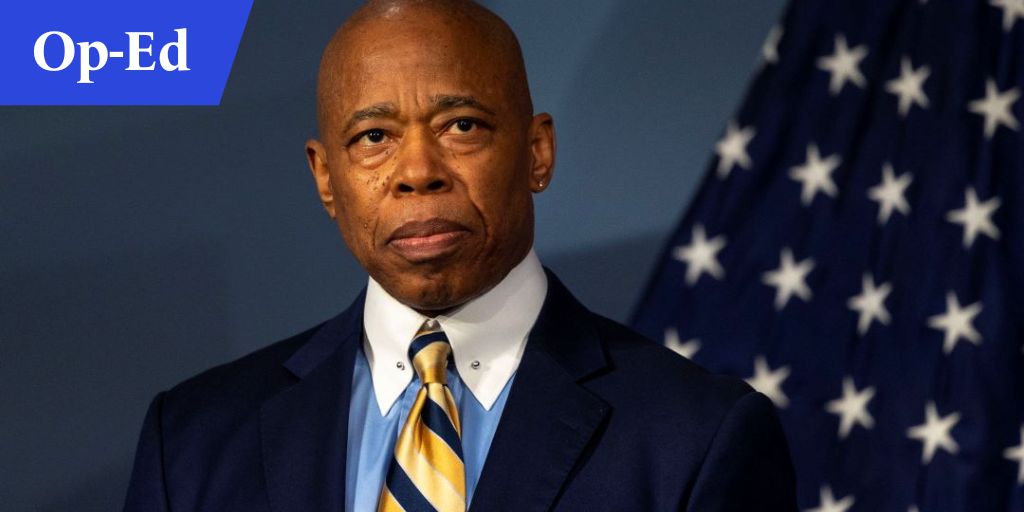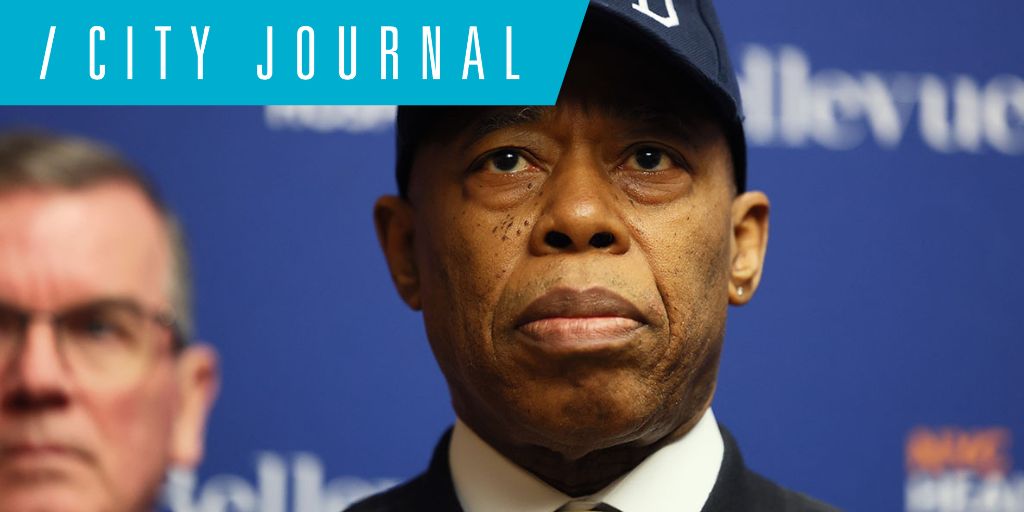Good morning:
Perhaps the most significant domestic political drama now is the fallout over the Trump Justice Department’s decision to end its prosecution of New York City Mayor Eric Adams’s corruption case.
Events have moved very quickly.
Three days after the Justice Department’s February 10 motion instructing prosecutors to drop the Adams case, attorneys leading the prosecution resigned in protest.
On February 14, U.S. border czar Tom Homan and Mayor Adams appeared on “Fox & Friends” together, a day after they announced Adams had agreed to allow ICE agents into Rikers Island jail again.
February 17 saw the resignation of four of Adams’s deputy mayors and, on February 18, Governor Kathy Hochul said the resignations raised “serious questions” about Adams’s governance. Hochul has the constitutional authority to remove Adams from his office. On the afternoon of February 19, a Manhattan federal judge held a hearing on the Justice Department’s original motion to dismiss the charges.
At the Manhattan Institute, our scholars have been following the events closely and reporting on their significance.
In the Wall Street Journal, James R. Copland and Rafael A. Mangual argue that it is a fairly common practice for the Justice Department to offer a “nonprosecution agreement,” dropping a case against a defendant, in exchange for certain policy or financial steps the government would like taken. Today’s critics of the Justice Department are clearly less opposed to these prosecutorial tactics in general than they are to the new administration in particular.
With the legal analysis tackled, Nicole Gelinas’s column in the New York Times focuses on the controversy’s relationship to state and party politics. President Trump maneuvered both Mayor Adams and Governor Hochul into embarrassing and subservient positions. Adams proves he can be hooked by Trump’s dealmaking and Hochul seems to have no leverage of her own.
In City Journal, John Ketcham writes that dismissing the charges against Adams was a tactical mistake weighed down with bad optics and the president would have been better off offering the mayor a full pardon. Also in CJ, Jesse Arm puts the mayor’s uncertain political future in the context of failed promises—corruption isn’t Adams’s vulnerability, it’s New Yorkers’ frustration with their quality of life.
Elsewhere at MI, Leor Sapir analyzes the American Civil Liberties Union lawsuit against President Trump’s executive order on sex-trait-modification procedures for children and exposes its major vulnerability.
Finally, MI published one research report this week. Chris Pope finds that nearly all recipients of the American welfare state paid more in federal income and payroll taxes than they received in benefits. Rather than expanding welfare spending, policymakers should focus on reducing taxes for low-income workers. This approach could provide needed assistance without discouraging work or creating administrative complexity.
Continue reading for all these insights and more.







